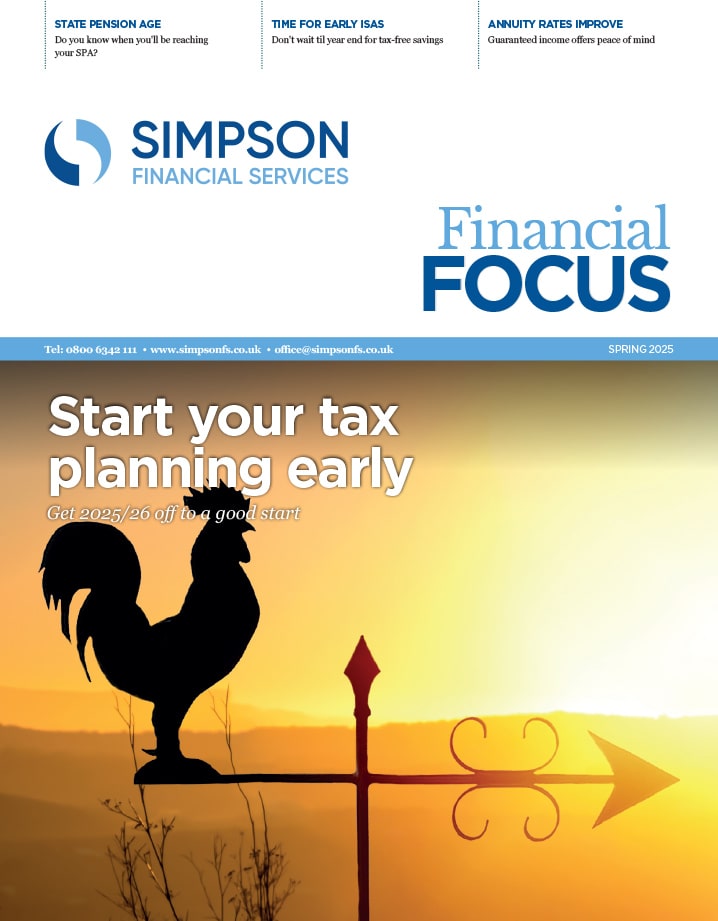
Generational attitudes to retirement planning
A survey of 6,000 people, aged 18 to 80, revealed starkly different views on retirement across the generations.
According to the Office for National Statistics, the median age of the UK population in mid-2021 was 40.7 years, up from 39.6 in mid-2011. Perhaps that gradual ageing and the impact of Covid-19 on working patterns explains why there is a steady flow of research reports on attitudes to, and experiences of, retirement.
The latest to emerge is Standard Life’s Retirement Voice, now in its third annual edition. One of the more interesting topics covered is the extent and benefit of planning ahead of retirement.
The bad news is that only 29% of those questioned said they were doing “a great deal of planning for retirement.” Predictably, households with income of more than £100,000 and those who took professional financial advice were the most likely to fall into this category, but even in those instances the proportion was no more than half.
Just over one in five members of Generation X (born between 1965 and 1980, so in their 40s and 50s) said they had done a great deal of planning, a smaller share than either of the two subsequent and thus younger generations (Millennials and Gen Z). The reluctant Gen Xers would do well to consider that over half of today’s retirees wish that they had thought about retirement finances at a younger age or started saving earlier. However, Gen X may not be completely head-in-sand, as on average they confessed to a six-year gap between their aspirational retirement age (62) and what they expected to be the reality (68).
The benefits of planning were evident in responses to another survey question: “How do you feel about your current financial situation?” Those who had done the most planning were nearly three times more likely to feel positive about their finances than the non-planners (61% vs. 21%). The group that had done “only a little planning” fell in the middle (40%).
The survey found that on average, age 36 is when people start to take a keener interest in their retirement planning. That average figure hides a big generational difference – the Baby Boomers trigger age was 49, while for Gen Z (currently 18–25) it was 20. In this instance, Gen Z looks the wiser generation…
The value of your investment and any income from it can go down as well as up and you may not get back the full amount you invested.
Past performance is not a reliable indicator of future performance.
Occupational pension schemes are regulated by The Pensions Regulator.
